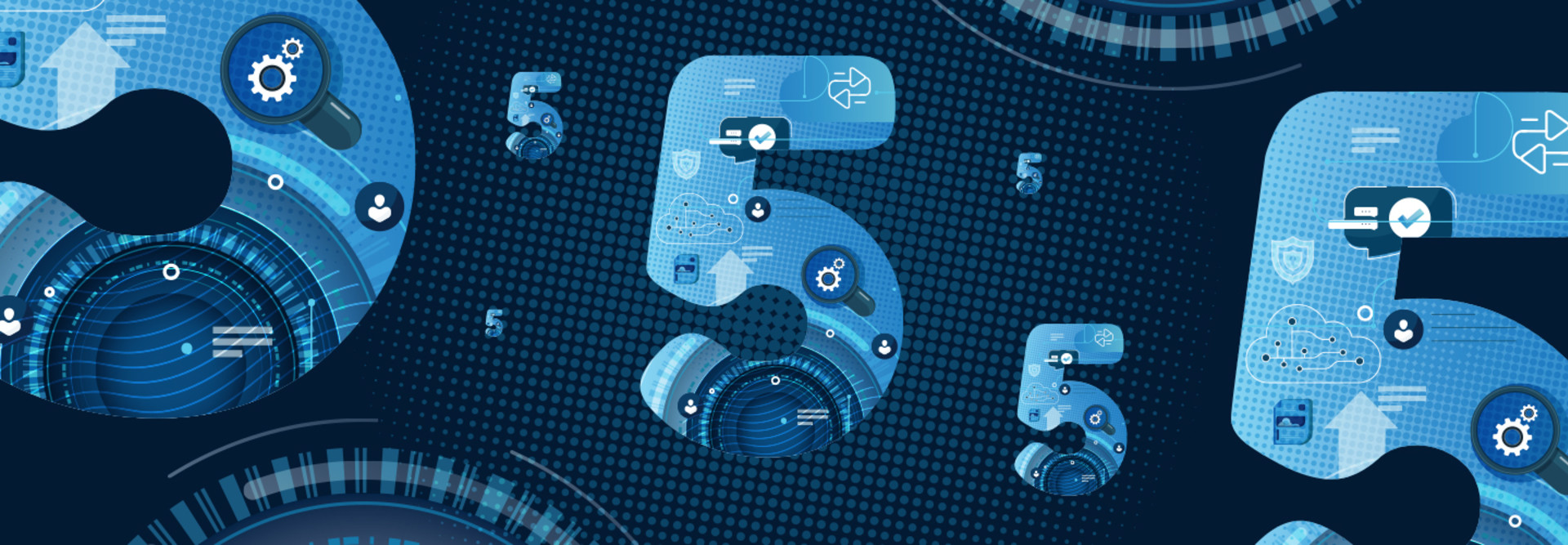2. What Are Some Examples of SecOps Best Practices in Healthcare?
SecOps helps healthcare deal with security issues presented by virtual care, legacy systems, various levels of security in workstations and more. For example, electronic health record, laboratory and imaging systems must be kept updated and patched, but prioritization is difficult. SecOps automates patch management, eliminating tedious manual review for operations while ensuring that known vulnerabilities cannot be exploited.
3. How Can Automation Support SecOps?
Automating security processes can help overworked and understaffed teams follow best practices, ensuring that tools and processes are applied consistently, repeatably and reliably. Automated incident analysis, risk evaluation, threat prioritization, and accelerated response and remediation all augment the work of human security analysts.
EXPLORE: How to improve your cybersecurity strategy with automated SecOps.
4. How Can a DevSecOps Approach Help Healthcare Organizations?
DevSecOps takes SecOps a step further, ensuring that security is built into software. DevSecOps improves security throughout the software delivery process and further builds strong bonds among development, security and operations teams. The DevSecOps approach allows security teams to scale, with responsibilities spread across the organization.
5. What Should Be the Key Areas of Scope for a SecOps Team?
A SecOps team includes five key roles: incident responder, security investigator, advanced security analyst, security engineer/architect and manager of the security operations center, the command center facility for the team. Some organizations choose to deploy a virtual SOC, outsourcing some responsibilities. Organizations can migrate employees into SecOps roles through certifications and training courses.
UP NEXT: Learn how the pandemic impacted DevOps in healthcare.











